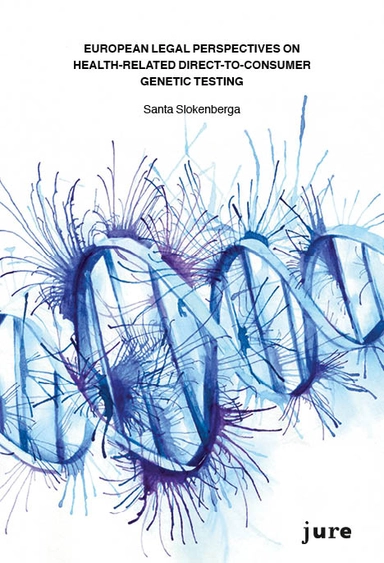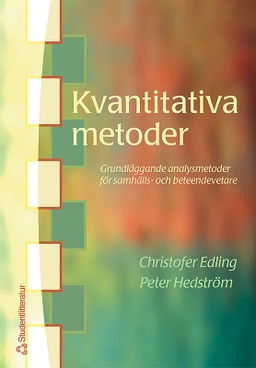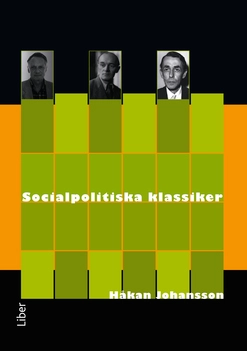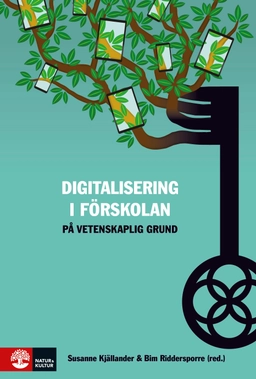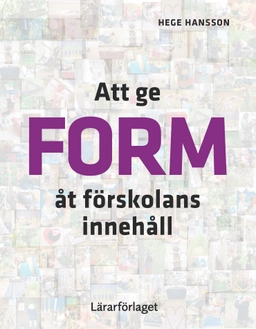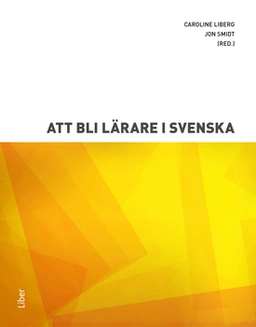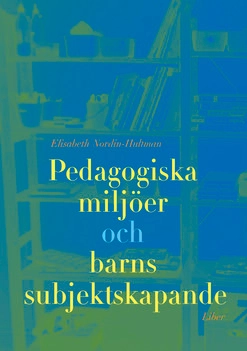I denna avhandling undersöker författaren hur samspelet mellan Europarådet och EU påverkar reglerna om direkt-till-konsument genetisk testning, samt hur detta påverkar enskilda stater som samtidigt är bundna till båda rättsordningarna. Med utgångspunkt i principer om juridisk pluralism och staters suveränitet syftar forskningsarbetet till att undersöka vilken kompetens och vilka befogenheter Europarådet och EU har att hantera marknadsaspekter (som teknisk prestanda och användbarhet) samt sekretess (som samtycke till en medicinsk behandling, integritetsskydd och dataskyddskrav), och undersöker de skyldigheter dessa två rättsordningar ålägger EU:s medlemsstater. Forskningen visar hur samspelet mellan Europarådet och EU kan återspeglas i de rättsliga regler som gäller för direkt-till-konsument genetisk testning. Det kan konstateras att EU importerar Europarådets normer på vissa områden, som t.ex. giltigt samtycke till ett medicinskt ingrepp, men även exporterar normer till Europarådet på andra områden, som rörande dataskydd. Följaktligen kan man fråga sig om det blir allt svårare att dra tydliga gränser mellan "Europarådets regler" och "EU:s lagstiftning" på dessa områden. Europarådet kan genom att harmonisera sina regler med EU skapa långtgående konsekvenser för de stater som är medlemmar i Europarådet men inte medlemmar i EU. I avhandlingen hävdas att den delade regleringen och samspelet mellan Europarådet och EU skapar utmaningar vid tolkning av rättskällor och riskerar att underminera rättssäkerheten. English description: This doctoral thesis examines how the coexistence of the Council of Europe and the EU influences rules on direct-to-consumer genetic testing, as well as how these influences reflect on individual states that are simultaneously bound to both of the legal orders of interest. Through the lens of legal pluralism and state sovereignty this research examines the competence and authority of the Council of Europe and the EU to handle the market aspects (technical performance and utility) as well as privacy (consent to a medical service and data protection requirements), and examines the obligations these two legal orders place on the Member States of the EU. This research traces the avenues for coexistence between the legal orders in relation to direct-to-consumer genetic testing, and examines how the coexistence of the Council of Europe and the EU is reflected in the legal framework that is relevant to the regulation of direct-to-consumer genetic testing. It can be observed that the EU is soaking in the Council of Europe norms in some areas,as with valid consent to a medical intervention, but also exporting its own norms to the Council of Europe in other areas, as with the area of data protection. Consequently, one can question whether it is increasingly becoming more difficult to draw clear limits between the ‘Council of Europe law’ and the ‘EU law’ in these areas. The Council of Europe by aligning its laws with the EU creates far-reaching implications to the states that are members of the Council of Europe but are not the Member States of the EU. This thesis claims that the resulting fragmented regulatory space and the interaction between the Council of Europe and the EU make the legal sources challenging to interpret and foresee as a result the principle of legal certainty could be undermined. In the absence of formalized interaction between the two legal orders, interpretation difficulties could create further challenges.
Åtkomstkoder och digitalt tilläggsmaterial garanteras inte med begagnade böcker
